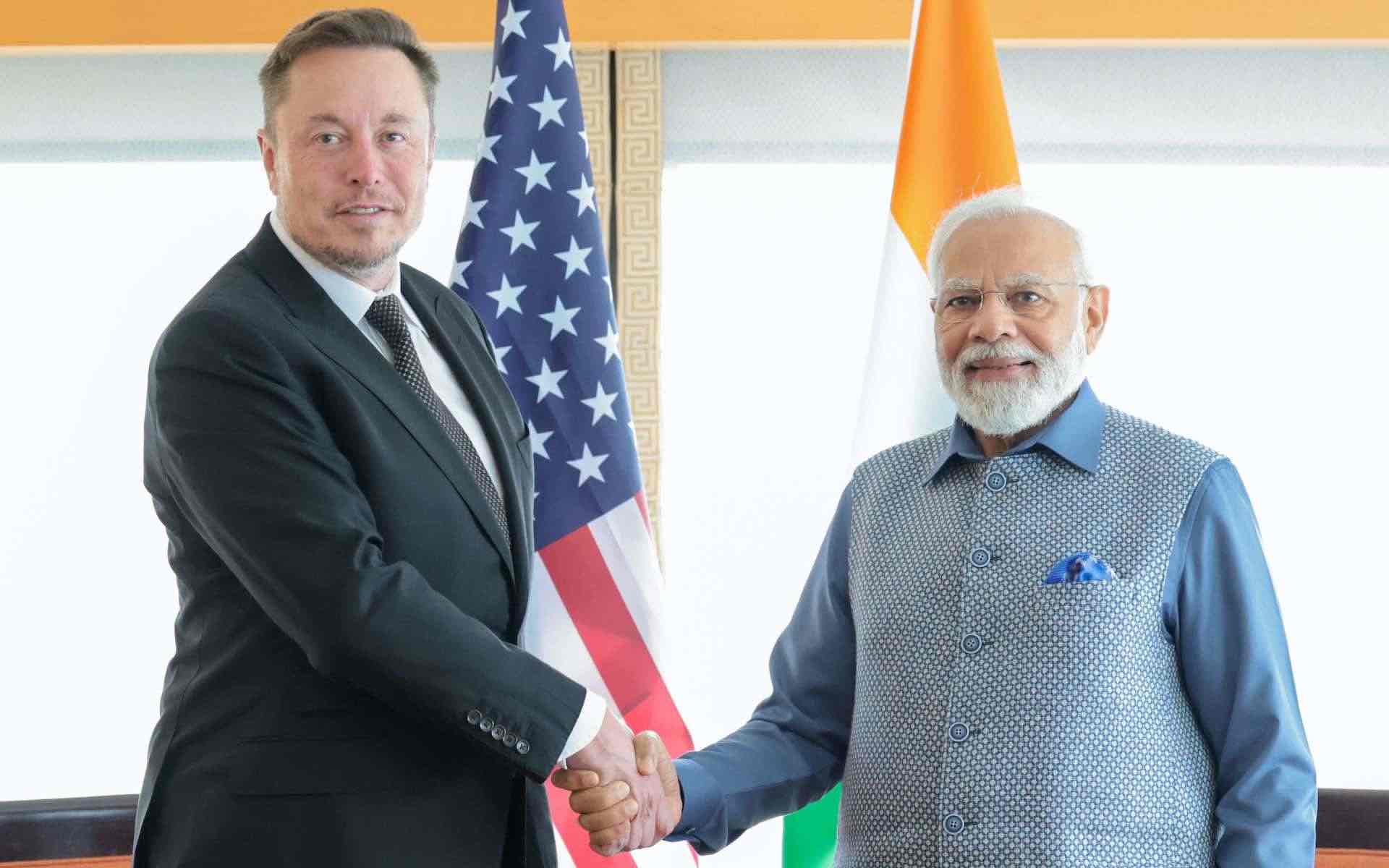Tesla, Modi spark India’s $151B EV revolution
Tesla, Inc. eyes an unprecedented opportunity in India’s burgeoning electric vehicle market, as recent tax cuts pave the way for foreign manufacturers to enter the world’s third-largest auto market. India’s Ministry of Heavy Industries announced a rollback on tariffs for EVs, potentially opening doors for Tesla and its competitors. However, challenges remain as the government imposes limits on sales.

Historically, India has imposed steep tariffs on imported EVs, making it financially unfeasible for companies like Tesla to penetrate the market. The new policy offers tax relief to foreign manufacturers willing to invest in local production. This strategic shift could reshape the landscape of India’s automotive industry, attracting major players seeking to capitalize on the country’s massive potential.
Indian Prime Minister Narendra Modi’s forward-looking policies aim to position India as a leading player in the global economy. By incentivizing foreign investment and fostering innovation, Modi’s administration has propelled India onto the world stage as a superpower and a top destination for multinational corporations seeking growth opportunities.
Tesla’s interest in establishing a manufacturing hub in India underscores the country’s allure as a lucrative market for cutting-edge technology and sustainable solutions. Elon Musk’s meeting with Prime Minister Modi signifies a mutual recognition of India’s potential and Tesla’s commitment to being part of its transformative journey towards a greener future.
While the relaxation of tariffs presents a significant opportunity for Tesla and its counterparts, challenges such as sales limitations and market dynamics pose hurdles to sustained growth. Nonetheless, with India’s ambitious targets for EV adoption and its burgeoning consumer base, the stage is set for a paradigm shift in the global automotive industry.
